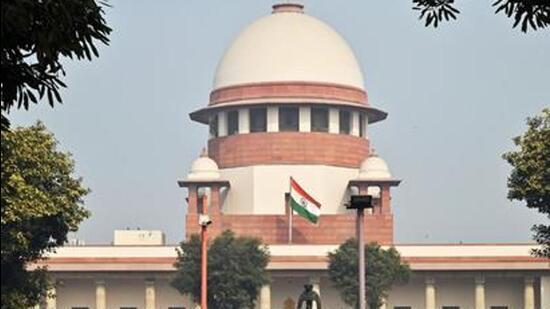
Calling someone ‘Miyan-Tiyan’ & ‘Pakistani’ not an offence: Supreme Court
In a recent landmark decision, the Supreme Court of India has ruled that calling someone “Miyan-Tiyan” and “Pakistani” is in poor taste but does not constitute an offence. The court made this statement while dismissing a case filed against an 80-year-old man who was accused of hurling abuses at an Urdu translator in Jharkhand.
The case gained attention after the translator lodged a complaint against the elderly man, claiming that he was subjected to abuse and humiliation. The incident sparked a heated debate about the use of certain terms and their impact on religious sentiments. However, the Supreme Court has now cleared the air, stating that the remarks made by the 80-year-old man do not amount to hurting the religious sentiments of the translator.
The Supreme Court’s decision is a significant one, as it sets a precedent for future cases involving similar incidents. The ruling is also a relief for individuals who may have been accused of making offensive remarks, only to be cleared of any wrongdoing.
The incident in question took place in Jharkhand, where the 80-year-old man allegedly hurled abuses at an Urdu translator. The translator, who was carrying out his duties as a translator, was subjected to verbal abuse and humiliation by the elderly man. The incident prompted the translator to lodge a complaint with the authorities, leading to a case being filed against the 80-year-old man.
The case was subsequently taken up by the Supreme Court, which heard arguments from both sides before making its decision. The court’s ruling is a significant one, as it sets a precedent for future cases involving similar incidents.
The Supreme Court’s decision is also a reminder of the importance of respecting the religious sentiments of others. While the use of certain terms may be perceived as offensive, the court has made it clear that it is not an offence under the law. The decision is a relief for individuals who may have been accused of making offensive remarks, only to be cleared of any wrongdoing.
In conclusion, the Supreme Court’s decision is a significant one, as it sets a precedent for future cases involving similar incidents. The ruling is also a reminder of the importance of respecting the religious sentiments of others. While the use of certain terms may be perceived as offensive, the court has made it clear that it is not an offence under the law.
Source:






